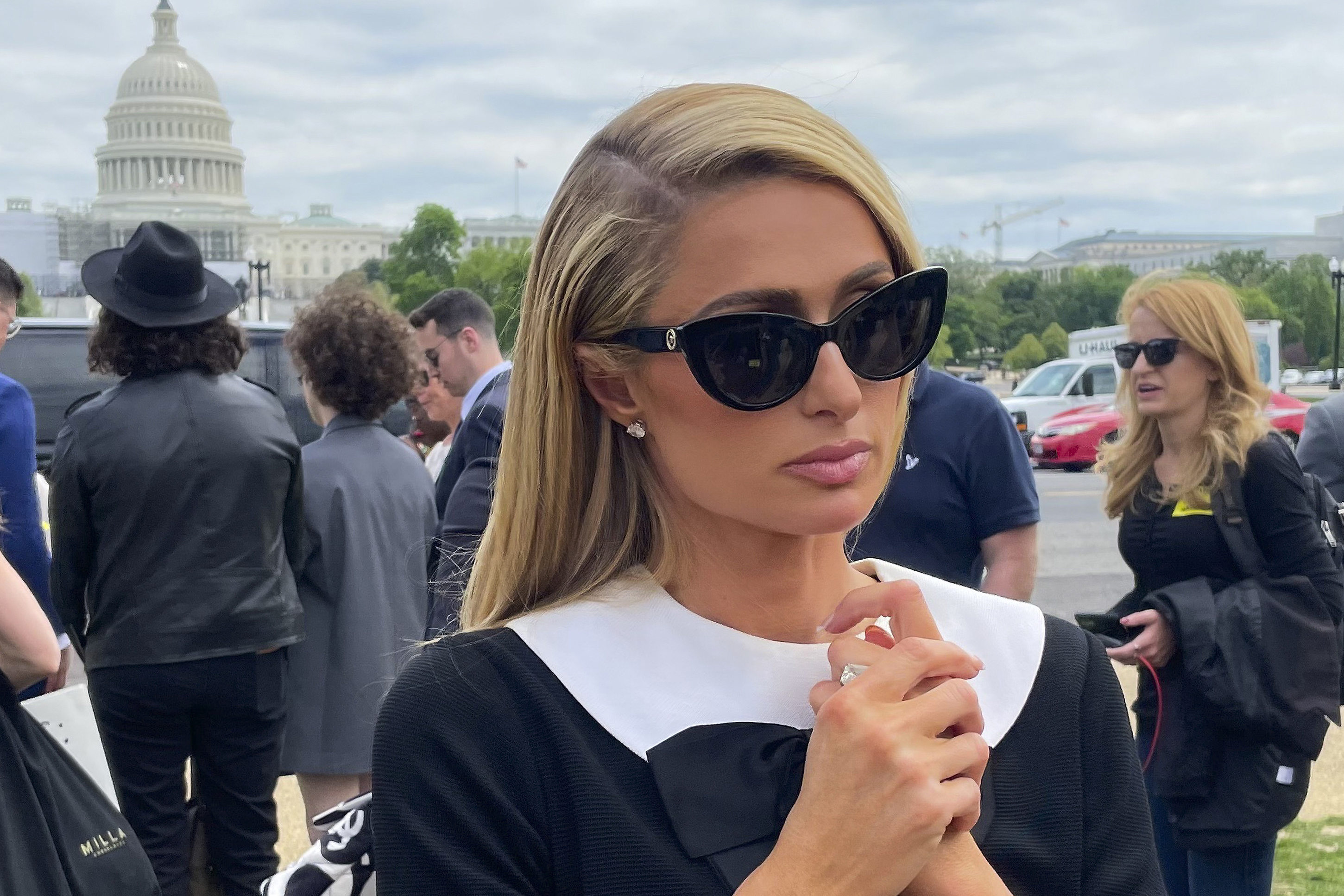
Injuries from vaccinations are extremely rare, but the likely small number of Americans harmed by the new COVID-19 vaccines won't be able to sue one of the manufacturers who produced them.
Instead they will have to turn to a little-known federal program for public health emergencies that has paid out a scant $6 million since it began in 2010.
The program, the Countermeasures Injury Compensation Program, has compensated only 29 claims in that time, many as a result of the vaccine against the H1N1 flu during the pandemic a decade ago.
A second, more generous fund is only for routine vaccines such as polio or seasonal flu. Lawyers who handle these cases are urging the federal government to move COVID-19 claims to the second program, which they say is better suited and more transparent.
Get top local stories in Connecticut delivered to you every morning. >Sign up for NBC Connecticut's News Headlines newsletter.
The first offers “the right to file and lose,” said Renee Gentry, the director of the Vaccine Injury Litigation Clinic at The George Washington University School of Law.
More than 54 million Americans have been vaccinated against COVID-19 since Dec. 14, when the U.S. began a massive push to quickly reach as much of the population as possible.
That amounts to 16% of Americans, with an average of 2 million getting shots each day.
U.S. & World
Though the vaccines were developed at an unprecedented speed after the coronavirus emerged at the end of 2019, no short cuts were taken, officials say.
“We have three highly efficacious vaccines that are safe and efficacious,” Dr. Anthony Fauci, the director of the National Institute of Allergy and Infectious Diseases, said on ABC’s “This Week”. “That’s the bottom line.”
What is the Countermeasures Injury Compensation Program?
The program rose out of the Public Readiness and Emergency Preparedness Act, or PREP Act, passed by Congress in 2005. It is intended to limit the legal liability of drug companies and others when the country responds to a public health emergency. It covers harm from vaccines used during flu pandemics, for example, including the H1N1 pandemic of 2009 to 2010, drugs to treat anthrax, Zika or Ebola or other measures to respond to emergencies.
Federal declarations specify which vaccines are covered by the program, and COVID-19 is now among them. Three vaccines against COVID-19 have been approved for emergency use in the United States, BioNTech/Pfizer, Moderna and Johnson & Johnson.
The program is funded by emergency appropriations by Congress, which has allocated $30 billion that could be used for COVID-19 injuries from vaccines or treatments for the disease.
Compared to the older vaccination program, the Countermeasures Injury Compensation Program has a shorter statute of limitations — one year — and offers no payments for pain or suffering or a way to appeal. There is no right to counsel.
“It’s not an actual legal process,” Gentry said.
The overwhelming number of claims submitted for the H1N1 flu were rejected, she said.
"It's not a meaningful right at all," she said.
The Health Resources and Services Administration said there were several reasons a claim might be rejected: missed deadlines, insufficient medical records, failing to establish a serious injury or failing to show that the countermeasure caused the injury.
What compensation has it paid?
The Countermeasures Injury Compensation Program has paid out only $6 million on 29 claims since it began. It ruled an additional 10 cases eligible for compensation but those submitting the claims hd no expenses or losses.
In all, it has received 551 claims, 450 of which were found ineligible and another 62 cases of which are under review.
The Health Resources and Services Administration, which administers both programs and which is part of the Department of Health and Human Services, provided no other information about the claims or details on the injuries. Gentry said most were related to the H1N1 flu pandemic.
The administration says that the information is presented in a way that preserves privacy.
"Individual claims filed with the CICP, and the specific decisions made on those claims, involve and include the submission and documentation of medical information and other Personally Identifiable Information that the agency is prohibited from disclosing," it said in an email.
How do you file a claim?
To determine if you are eligible, you must submit what is called a Request for Benefits Package within one year of receiving the COVID-19 vaccination. The Health Resources and Services Administration website notes injuries from the COVID-19 vaccine have not been established yet.
What is the National Vaccine Injury Compensation Program?
The program was established by the National Childhood Vaccine Injury Act of 1986, and provides payments to people who have been injured by common vaccines. It was established after lawsuits against vaccine manufacturers and others threatened to cause shortages and it is described as “a no-fault alternative to the traditional tort system.”
The National Vaccine Injury Compensation Program has distributed $4.5 billion over 30 years and covers 16 routine vaccines such as diphtheria, measles, mumps, polio, rubella, seasonal flu and tetanus. Gentry hopes that the COVID-19 vaccine will eventually be included, if as some expect it becomes a yearly vaccine and and is administered to children.
The Health Resources and Services Administration noted that no COVID-19 vaccines currently met the criteria of the vaccine program: that they must be recommended for routine administration to children or pregnant women by the Centers for Disease Control and Prevention and subject to an excise tax by federal law.
The vaccine program is funded by a 75 cent-tax on vaccines while the countermeasures program is paid for by Congress.
Injuries from vaccines are varied but typically are similar to what the virus causes on its own though they are less severe and rare, Gentry said.
Under the program, the U.S. Department of Health and Human Services conducts medical reviews of the petitions. The U.S. Court of Federal Claims rules on compensation and cases can be appealed to the U.S. Supreme Court.
The program has awarded $4.5 billion since 1989. For every 1 million doses of vaccine, 1 person was compensated by the U.S. Court of Federal Claims.
Gentry said that the program, which hears complex cases that can take time, needed updating. There are only eight special masters to hear the cases, for example, inadequate for the demand.
More information about the differences between the two programs can be found here.



